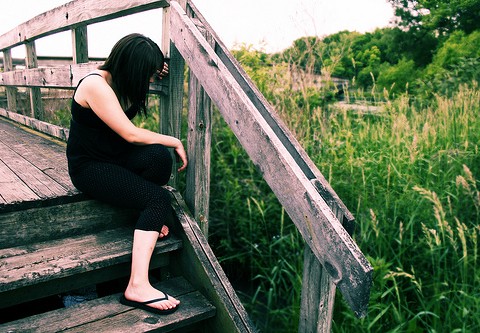Postnatal Depression and You
Postnatal depression is a condition that affects women after they have given birth. It is commonly referred to as postpartum depression or PPD. It is important for women who have recently had a baby or women who are currently pregnant to understand what postnatal depression is, what the symptoms are, and how it is treated.

Why do women get postnatal depression?
There is no exact cause of postnatal depression. Some research suggests that the rapid change in hormone levels of a new mother may cause depression. Other theories suggest that postnatal depression is caused by outside factors in the woman’s life that may cause her to become overwhelmed, such as an unsupportive partner, difficulty breastfeeding, housing or financial troubles, or having a difficult birth. Women who have a prior history with depression or other mental health disorders are at a higher risk for developing depression after giving birth.
How will a woman know if she is suffering from postnatal depression?
It is not uncommon to have periods of sadness after having a baby, which is referred to as the baby blues. Usually, the sadness or anxiety a woman experiences will subside within one month after giving birth. A woman who experiences any of the following symptoms should speak with her doctor.
- Feelings of guilt or worthlessness
- Sadness and frequent crying
- Difficulty concentrating
- Anxiety
- Insomnia
- Feeling hopeless or withdrawn
- Negative feelings about the baby
- Lack of energy
- Feeling trapped or lonely
Sometimes postnatal depression can manifest in different ways. Other mental health conditions that can affect a woman after birth include postpartum psychosis and postpartum obsessive compulsive disorder. If a woman has thoughts of harming herself or the baby, or if she begins suffering from extreme anxiety and exhibits obsessive behavior, she should consult her physician.
How is postnatal depression treated?
A woman who is experiencing symptoms of postnatal depression will usually be given a questionnaire to fill out to help the physician determine if she is suffering from depression. If a woman is diagnosed with postpartum depression, she will usually be referred to a therapist for further treatment.
Therapy and medications are often used in the treatment of postpartum depression. Some women may find that therapy alone helps, and no medication is necessary. However, some women may need antidepressants, and there are ones that are compatible with breastfeeding. A woman’s physician can help her locate local support groups and a medication that can be used to treat depression.
Tips for Women with Postnatal Depression
The most important factor for women who have postnatal depression is to reach out for help. Women should not feel guilty or embarrassed if they are feeling depressed after having a baby. Bringing home a new baby brings many changes to the woman’s life, whether she is a first time mom or not. It is critical that she takes care of herself, both mentally and physically, so she can take good care of her baby. A few other tips for women with postnatal depression include: